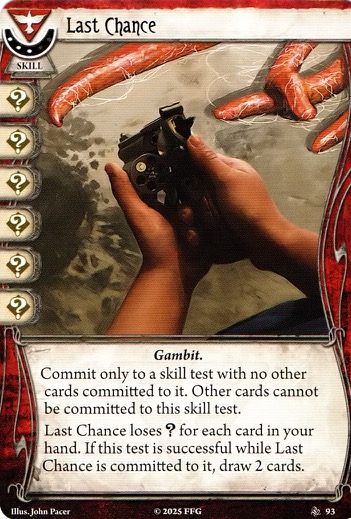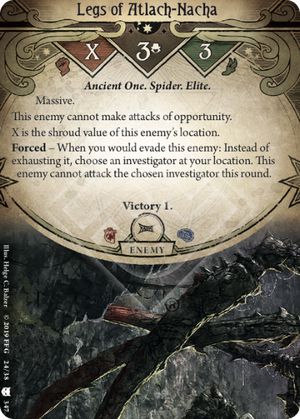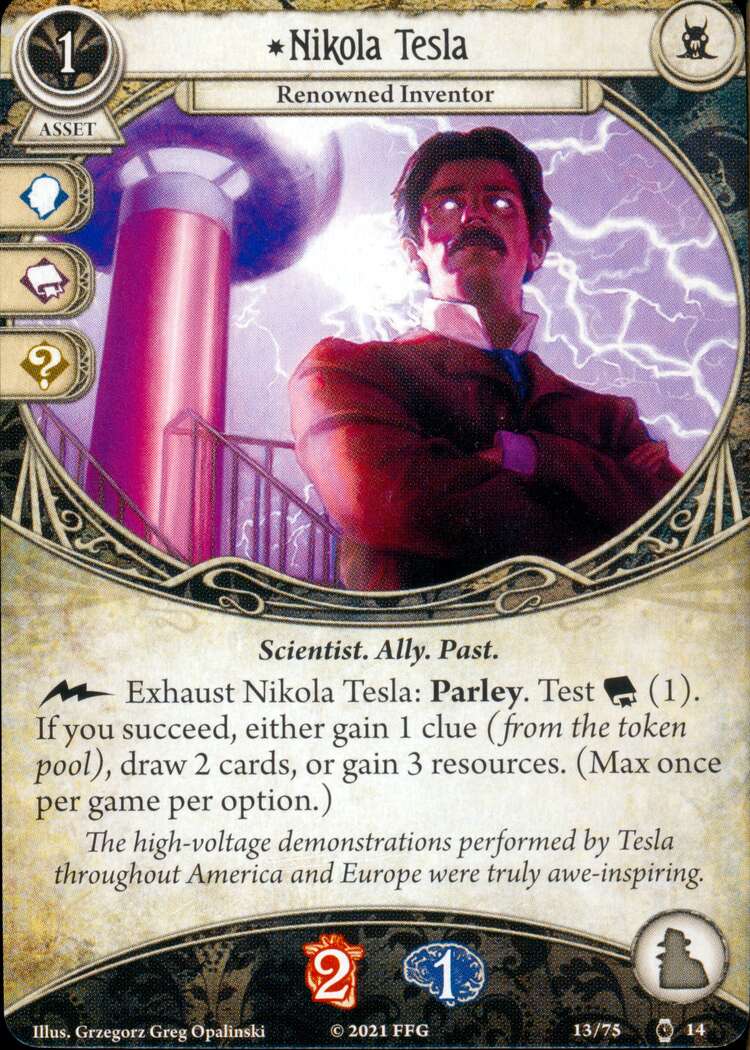
Along with At a Crossroads and Unrelenting, Last Chance is a Survivor card draw staple. For only 10 XP, Survivors can have guaranteed card draw on par with most Seekers with 10 additional cards per deck cycle---assuming you're willing to plan around the downsides of each card.
That being said, Last Chance can be inconsistent when you're too successful at refilling your hand. You can frequently run into situations where Last Chance becomes a dead card in your hand because you have a full hand and can't spend enough actions to make it worth dedicating to skill tests, or Last Chance prevents players from dedicating other skill cards because it has to be the only card dedicated to the skill test. The downsides are usually pretty minor considering that Last Chance usually dedicates for three to four wild icons and draws two cards on a success, but make sure to plan and coordinate with the rest of your table to avoid any potential drama.




